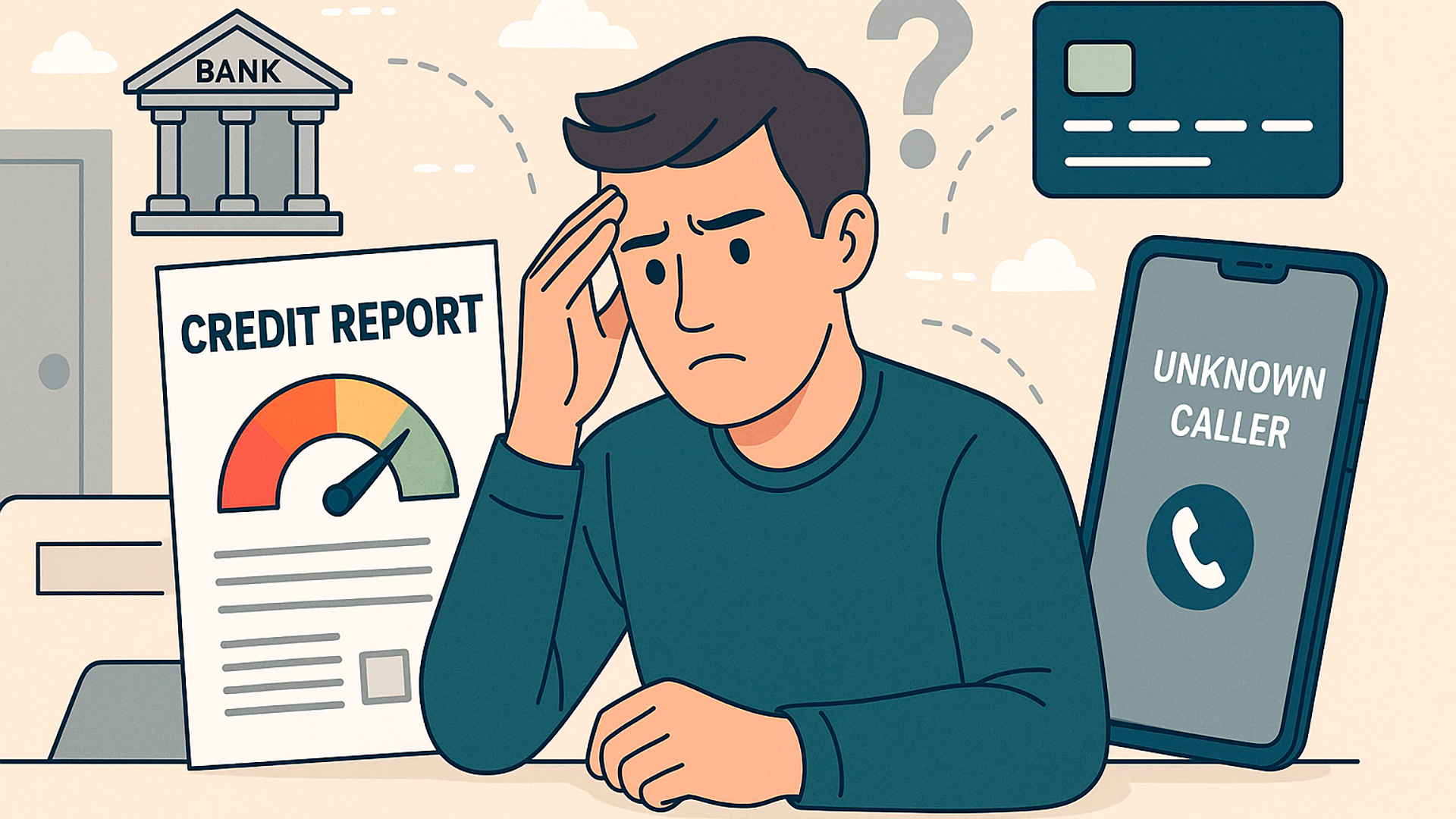 >
>
Credit is one of those invisible forces shaping nearly every aspect of modern life. From the moment you apply for a phone plan to the time you purchase a home, your credit standing acts as a gatekeeper. Some people discover this early, while others run into its impact later in life when denied a loan or offered a higher interest rate. What makes credit fascinating—and sometimes intimidating—is how it follows you through all stages of life. No matter your age or background, understanding how credit works and how to handle bumps in the road is essential.
Why Credit Plays Such a Big Role
Credit is more than numbers on a report. It is a reflection of trust between you and lenders. Banks, credit card companies, and even landlords use it to predict whether you are likely to repay borrowed funds. Good credit often means access to lower rates and better opportunities, while poor credit can limit financial freedom. This system might feel rigid, but it exists to balance risk. The way to thrive is not to fear it, but to learn how to work with it. And sometimes, that means seeking guidance from organizations that specialize in credit recovery and financial management, such as when people search for Ascension Point Recovery help to better understand their rights and obligations.
Credit Across Life Stages
The relationship with credit shifts dramatically as we grow older. A teenager or college student might be focused on building history with a starter card. Young adults often take their first steps into larger commitments like auto loans. Middle-aged individuals juggle mortgages, student loans for their kids, and business credit. Seniors, on the other hand, usually prioritize maintaining stability while relying on retirement savings. Despite the differences, each stage has something in common: the importance of making informed choices and being aware of the resources available to help in difficult situations.
Examples by Generation
- A college student gets their first secured credit card to start building history.
- A young couple improves their score to refinance their mortgage at a lower rate.
- A business owner manages both personal and business credit, balancing risks carefully.
- A retiree checks reports regularly to ensure no fraudulent accounts appear in their name.
Common Pitfalls That Hurt Credit
Many people only realize the power of credit after making mistakes. Fortunately, awareness of these pitfalls can help avoid them entirely or reduce the damage they cause.
Most Frequent Errors
- Paying bills late or missing payments altogether.
- Maxing out credit cards and ignoring utilization rates.
- Closing old accounts that could help maintain credit length.
- Filing multiple applications for credit within short periods.
- Not monitoring reports for errors or signs of fraud.
How Credit Agencies See You
Agencies don’t evaluate personality or character, but rather numbers and patterns. They rely on a combination of factors that illustrate how responsible someone is with borrowing. The more consistent and cautious the behavior, the stronger the score.
| Factor | Impact | Practical Tip |
|---|---|---|
| Payment History | High | Always pay on time, even if it’s the minimum |
| Utilization Ratio | High | Keep balances below 30% of available credit |
| Credit Length | Moderate | Keep older accounts open when possible |
| Credit Mix | Moderate | Diversify with cards, loans, or other accounts |
| New Applications | Low to Moderate | Limit how often you apply for new credit |
When Recovery Support Becomes Necessary
Sometimes, despite best efforts, debt becomes overwhelming. Life events such as job loss, medical expenses, or economic downturns can push even the most responsible borrowers into difficulty. In these moments, people often look for guidance from professionals or organizations that help manage repayment plans and creditor communication. This is where searches like Ascension Point Recovery help come into play. Borrowers want to know who is contacting them, why, and what options they have. Such research empowers consumers to make informed decisions instead of reacting out of fear or confusion. Knowing your rights can mean the difference between sinking deeper into debt and finding a manageable path forward.
Habits That Strengthen Credit Over Time
Credit recovery doesn’t always mean starting over. Sometimes it’s about building consistent habits that slowly repair a damaged history. These steps can be simple but powerful when maintained over years.
Effective Habits
- Set up autopay to avoid missed payments.
- Pay down high-interest debt first to reduce overall strain.
- Check credit reports annually from all major agencies.
- Use credit strategically for rewards without carrying balances.

Generational Trends in Credit Behavior
Each generation handles credit differently, influenced by economic conditions, technology, and cultural attitudes. Understanding these patterns provides insight into the challenges and opportunities people face today.
| Generation | Typical Credit Use | Challenges |
|---|---|---|
| Gen Z | Starter cards, student loans | Short credit histories, high interest costs |
| Millennials | Mortgages, auto loans, personal credit | Student debt burden, housing affordability |
| Gen X | Business loans, mortgages, family expenses | Balancing multiple responsibilities with retirement planning |
| Baby Boomers | Home equity lines, retirement credit use | Medical costs, fixed income limitations |
Credit in the Digital Era
Technology has transformed the way credit works. Mobile apps, online banks, and fintech tools make borrowing and monitoring accounts easier than ever. But this convenience brings new risks such as fraud and predatory lending. That’s why researching details—like finding Ascension Point Recovery help to verify the legitimacy of contacts—becomes crucial. The more connected the financial world becomes, the more important it is for individuals to arm themselves with reliable knowledge and proactive habits.
Taking Control of Your Financial Future
Credit isn’t simply about borrowing money—it’s a reflection of financial behavior over time. It can open doors or create barriers depending on how it’s managed. The key lies in awareness, responsibility, and the willingness to seek out information. Whether that means learning how agencies calculate scores, avoiding common mistakes, or searching for Ascension Point Recovery help to clarify a situation, the ultimate goal is empowerment. Every person, no matter their age or financial background, has the ability to make credit work for them instead of against them. With patience and the right strategies, credit can be a tool for growth, opportunity, and lasting stability.
